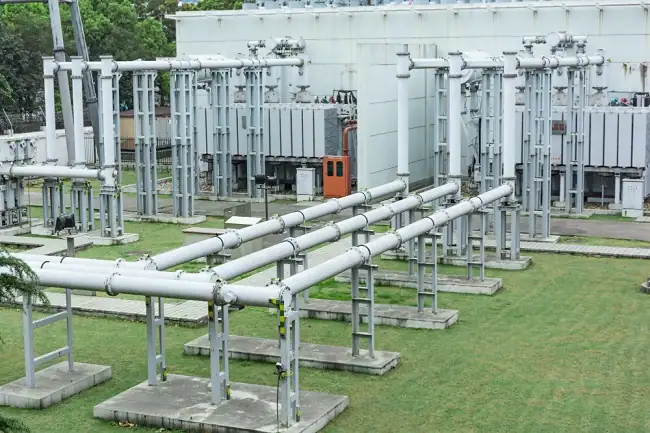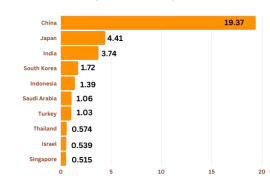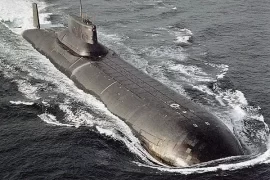Imagine this: you’re embarking on a new construction project, a bustling industrial operation, or perhaps even a special event. But a crucial hurdle stands in your way—the need for temporary water treatment. While permanent solutions are ideal in many cases, there are situations where flexibility and speed reign supreme. Choosing the best answer is not always easy.

This is where water treatment plant hire services offer a customised approach to your specific water purification needs. However, with various rental options available, choosing the right temporary water treatment plant can feel overwhelming. Fear not! With this guide’s help, you can select the best rental treatment for your project by navigating through various options.
Understanding Your Project Needs: The Foundation for Choice
The first step is clearly understanding your project’s specific requirements. Here are some key questions to consider:
- What is the intended use of the treated water? Is it for drinking, industrial processes, construction, or another purpose? Different applications demand varying levels of quality.
- What is the source water quality? Knowing the level of contamination in your raw water source is crucial for selecting the appropriate methods.
- What is the desired flow rate? The volume you need to treat per unit of time will determine the size and capacity of the plant.
- What is the project duration? The time you require the temporary solution plays a role in choosing the most cost-effective option.
Answering these questions can better understand your technological needs and the extent of your interim purification requirements.
Exploring Treatment Technologies: A Spectrum of Solutions
Companies offer diverse treatment technologies to address water quality concerns. Here’s a glimpse into some standard options:
- RO: Reverse Osmosis is a highly effective process that removes many contaminants, including dissolved salts, minerals, and organic substances. It’s ideal for producing high-purity water for sensitive applications.
- Filtration: This method utilises filters to remove suspended particles, sediment, and inevitable impurities from the water. Cartridge, sand, and bag filters are commonly used options.
- Disinfection: Disinfection eliminates harmful microorganisms in the water, such as bacteria and viruses. Chlorination, ultraviolet (UV) disinfection, and ozone treatment are popular methods.
- Deionisation (DI): This technique removes dissolved salts and minerals, producing demineralised water often used in industrial applications and power generation.
Rental Considerations: Factors Beyond Technology
While selecting the proper treatment technology is crucial, several other factors come into play when choosing a treatment plant rental:
- Plant Size and Capacity: Ensure the plant can handle your project’s required flow rate.
- Delivery and Setup: Consider the logistics of delivering and setting up the rental plant on your project site. Some companies offer comprehensive installation and setup services.
- Ongoing Maintenance and Monitoring: Rental companies typically provide continuing maintenance and plant monitoring during the rental period.
- Cost-Effectiveness: Compare pricing structures from different rental providers, considering factors like rental duration, necessary add-ons, and additional fees.
The Value of Expertise: Partnering with a Reliable Rental Provider
Choosing the right water treatment plant rental isn’t just about selecting equipment; it’s about partnering with a trusted advisor. These experts can offer invaluable guidance throughout the process. They help with initial needs assessment, choosing the right technology, and ensuring the smooth operation of the rental plant.
A reliable rental provider will also prioritise safety and environmental regulations. They can ensure the rented equipment meets all necessary safety standards and that any treated wastewater is disposed of responsibly.
Water treatment plant hire services offer a flexible and efficient solution for industries needing temporary water treatment capabilities. By understanding these factors and choosing a reputable rental provider, industries can ensure smooth operations and compliance with quality standards. For any project requiring reliable water treatment, renting a plant tailored to specific needs is often the ideal choice.







